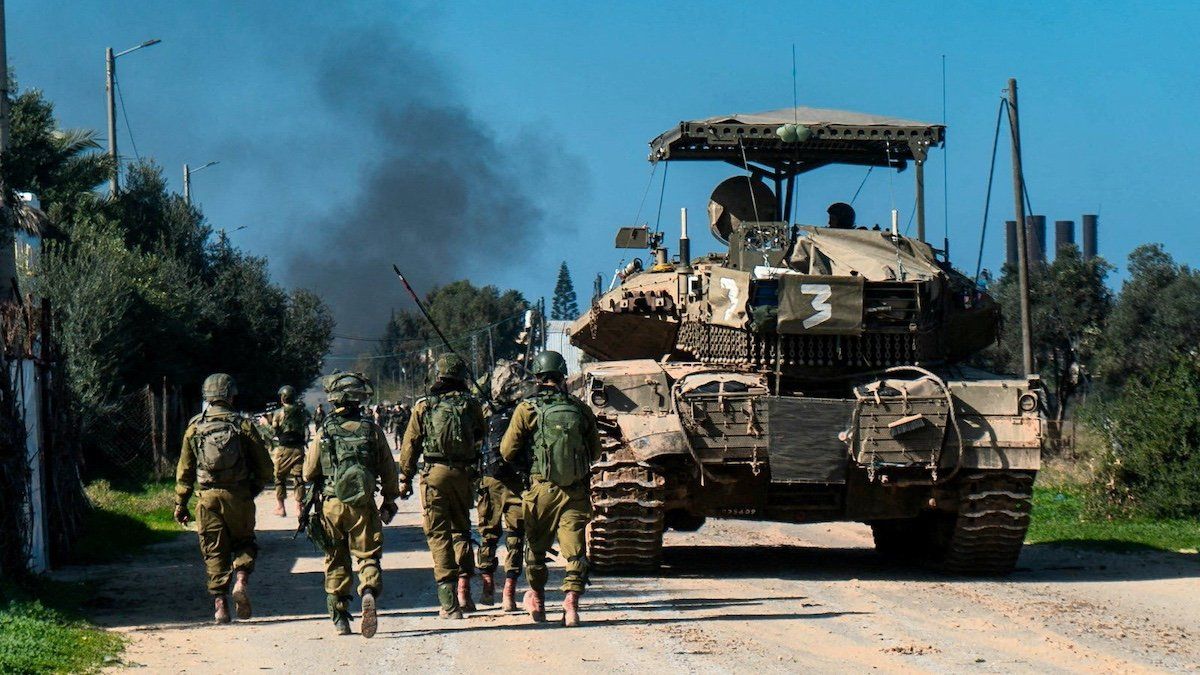Israel and Hamas may be close to a cease-fire. Has the war already spun out?
A drone attack launched by Iran-aligned militants in Syria on Sunday killed three US soldiers stationed in Jordan, even as CIA Director William Burns was in Paris for high-level talks with Egyptian, Qatari, and Israeli officials over a possible cease-fire and hostage exchange with Hamas. The contours of any deal are not yet clear, but The New York Times reported a two-month pause in fighting in exchange for around 100 remaining hostages.
US President Joe Biden spoke with the Emir of Qatar on Friday, and we’re watching for signs that US National Security Council Coordinator for the Middle East and North Africa Brett McGurk might be dispatched to the region, which could signal a deal is at hand.
“Burns is pushing for some form of a deal that the Qataris can pressure Hamas to accept,” said Ayham Kamel, a Eurasia Group expert on Middle East policy. The Biden administration is reportedly considering slowing weapons shipments to Israel to build leverage on that side of the negotiations.
A cease-fire can’t come soon enough for the approximately 2 million Gazans reliant on aid to survive after fighting has rendered the vast majority of homes unsafe. Over 26,000 have been killed since the start of the conflict, according to the Hamas-controlled Health Ministry.
We’re also watching for how any cease-fire plays out among Iranian proxies. Kamel said the attack on US troops amplified the pressure on Washington to seal a cease-fire, and the Houthis targeted a US destroyer with a missile on Saturday. If the fighting stops in Gaza but continues in the Red Sea and Fertile Crescent, it may be a sign the war has already spun out of hand.
